
Machine Learning
Prison inmates can take college classes, but often with no internet and limited tech
Students regularly face dead ends, even with access to technology and research resources
Challenging technology to serve the public good.

Tara García Mathewson covers the intersection of technology and higher education at The Markup. She has been writing about schools for more than a decade, first as a local reporter in Chicago’s northwest suburbs and then nationally.
Before coming to The Markup, Tara worked at The Hechinger Report, a nonprofit newsroom focused on innovation and inequality in education, where she explored the “Future of Learning” in K-12 schools and helped establish Hechinger’s investigative team, primarily covering punitive school discipline.
Tara has been recognized for her beat reporting as well as features and investigations into the educational technology industry, school discipline, and other topics. Her work has appeared in a variety of regional and national news outlets, including the Los Angeles Times, The Washington Post, The Boston Globe Magazine, USA Today, and Wired.
She grew up in rural western New York and studied journalism and sociology at Northwestern University.
(Photograph by Mario Luis Small.)

Machine Learning
Students regularly face dead ends, even with access to technology and research resources
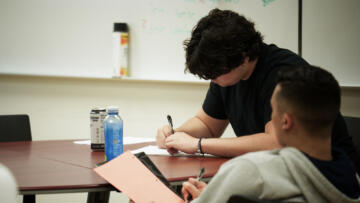
Artificial Intelligence
Chatbots may give students quick answers when they have questions, but they won’t help students form relationships that matter for college and life success.
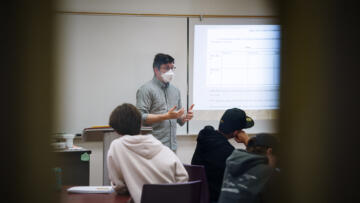
Artificial Intelligence
Purchasing records show some colleges are paying three times more than others.

Artificial Intelligence
Colleges and universities renew Turnitin subscriptions year after year even though its flawed detectors are expensive and require students to let the company keep their papers forever.

Machine Learning
The more students turn to chatbots, the fewer chances they have to develop real-life relationships that can lead to jobs and later success

Digital Book Banning
Nationally representative survey data from The Center for Democracy & Technology finds schools subjectively and broadly block students from information online
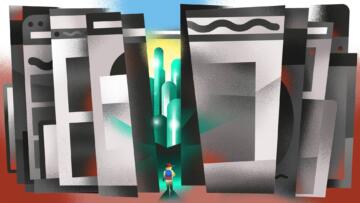
Digital Book Banning
During early COVID lockdowns, a teen raised $1.8 million in venture funding and built a web filter with a team of data scientists and psychologists that he now hopes will help students safely surf the web
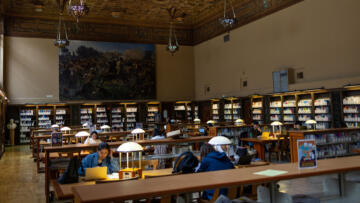
Hello World
Digital collections put library patrons’ privacy at risk
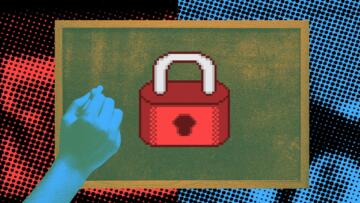
Digital Book Banning
Educators describe scrapped lesson plans, laborious appeal processes, and digital dysfunction in response to The Markup’s latest investigation
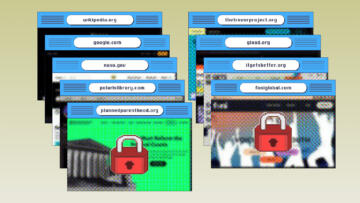
Hello World
Web blockers are having all sorts of unintended consequences for students
Page 1 of 3